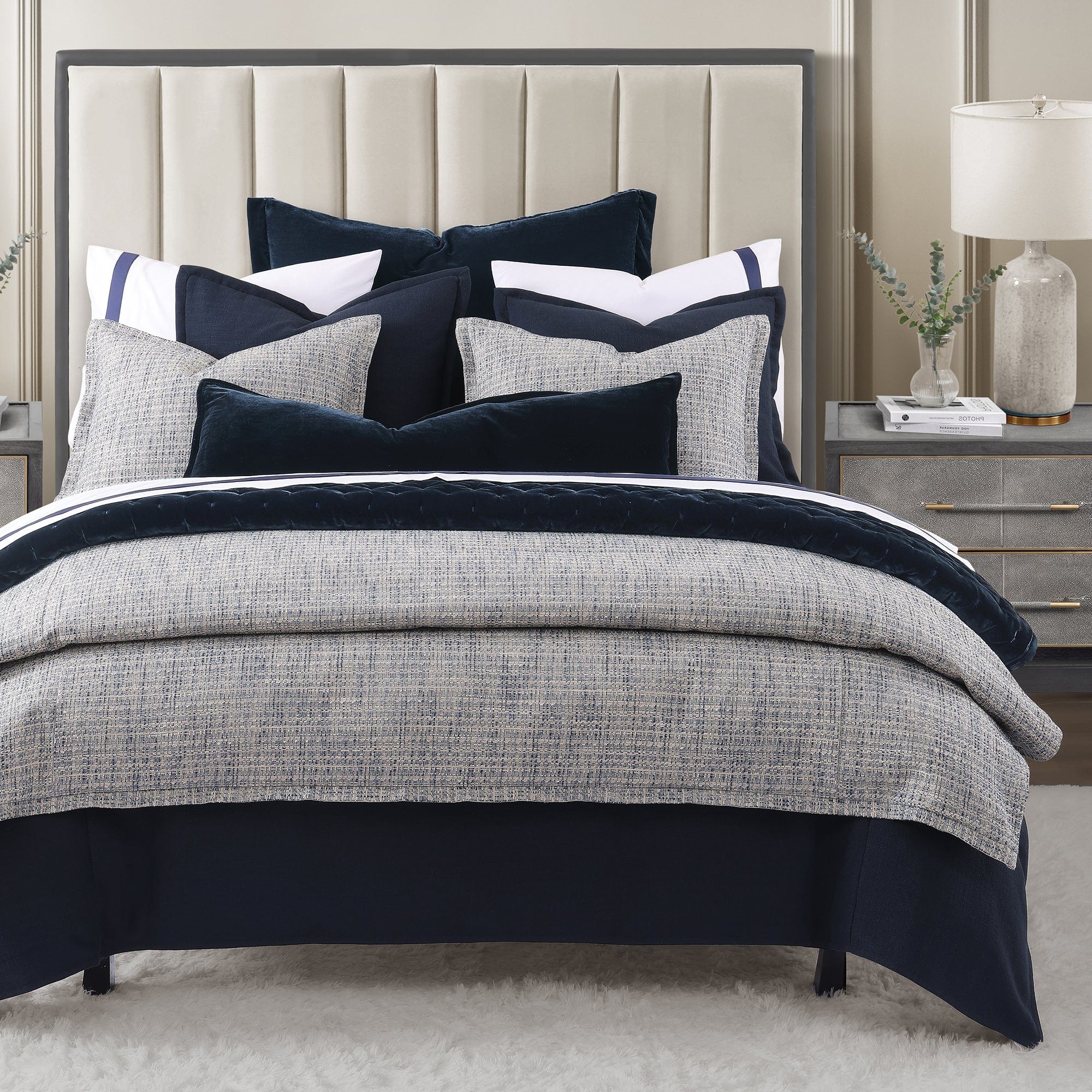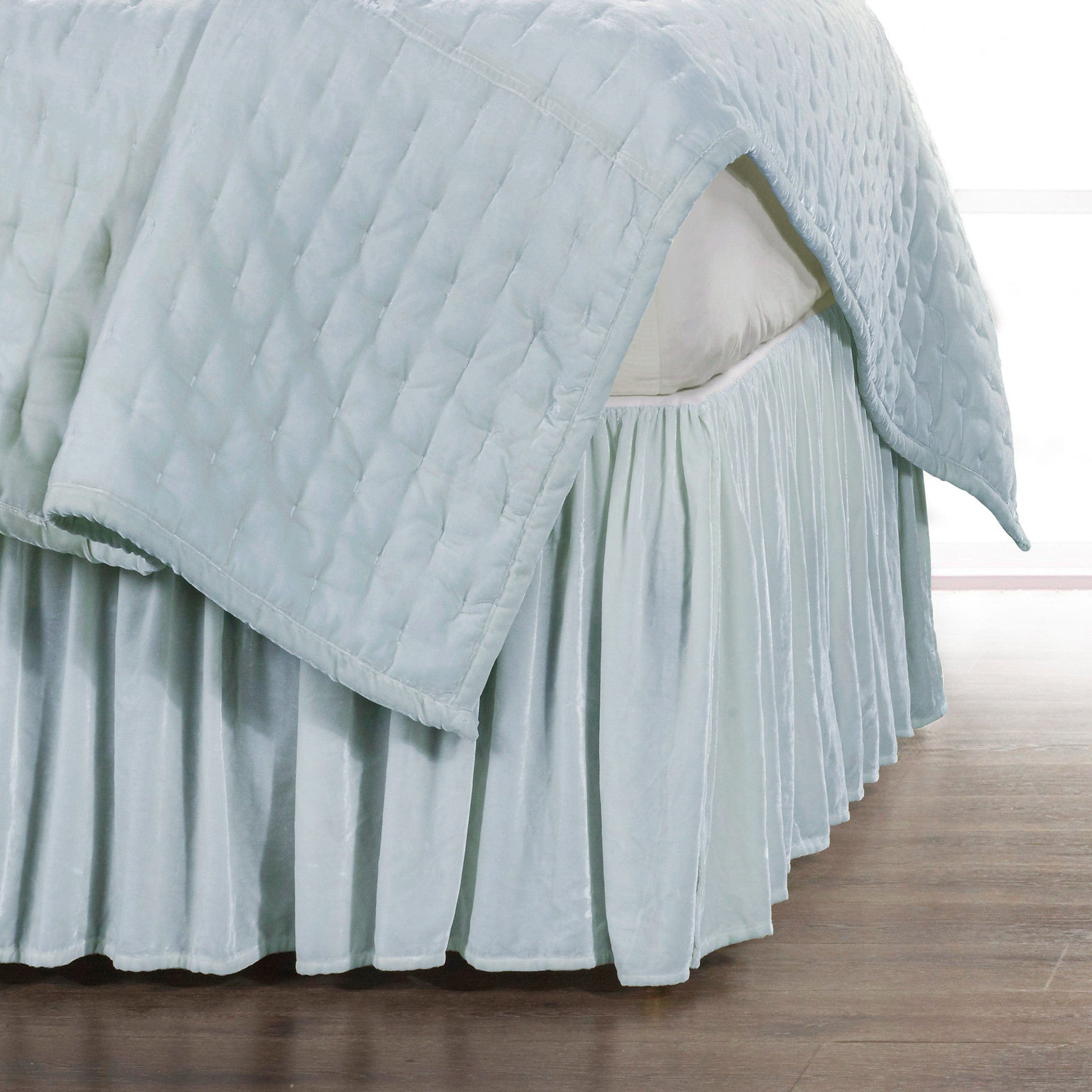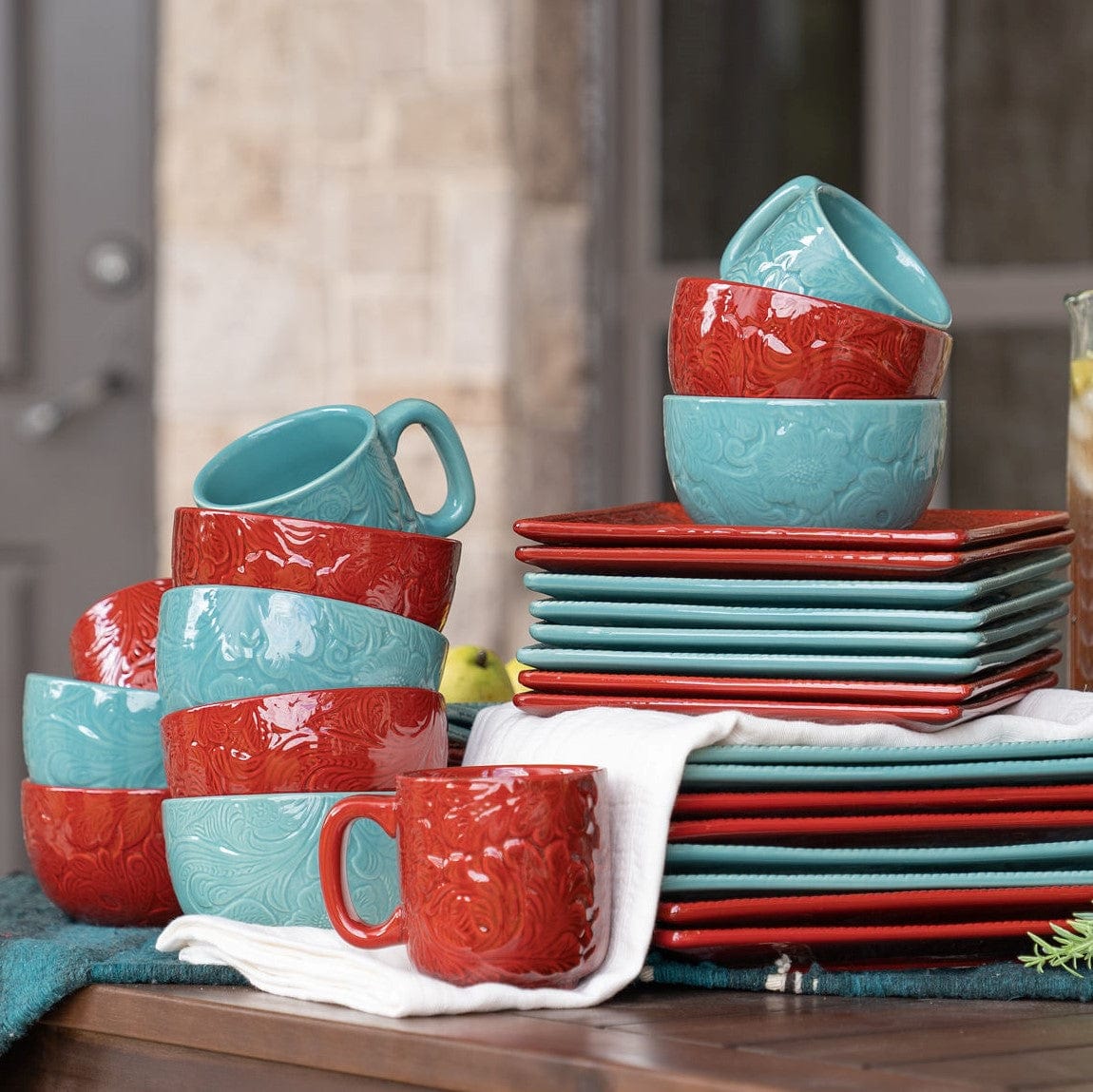Maximizing Comfort and Hygiene: How Often Should You Wash Your Sheets?
We spend a significant portion of our days nestled in the comfort of our beds. We take the time to tuck in our sheets in the morning an in our sheets in the mord invest precious energy into creating a sleep sanctuary we love. And yet, even the most particular of us still overlook the one thing that truly makes a clean, fresh sleep environment: washing our bedding regularly. More than comfort, regular laundering plays a critical role in maintaining good hygiene. Let's delve into the essential practices for keeping your sheets fresh and clean.
350TC Embroidered Border Sheet SetWhat happens when you don’t wash your sheets regularly?
Our pillowcases, sheets, and duvet covers make direct contact with our skin and clothes. Since they’re used for days or usually weeks at a time, they tend to collect all kinds of debris: dust mites, dead skin cells, bacteria, stains, and pet dander, for example. Neglecting to wash them regularly can result in the buildup of dirt and unpleasant smells, as well as potentially exacerbate allergies, respiratory issues, and skin breakouts. It can also attract unwanted pests, like bed bugs.
How often should you wash your sheets?
The frequency at which you change your sheets can significantly impact your sleep quality and overall hygiene. Ideally, sheets should be washed once a week to eliminate sweat, stains, and other signs of dirt that accumulate over time. For those with allergies or sensitive skin, bi-weekly washing may be preferable to minimize irritation.
That said, not all bed sheets are created equal and certain bedding do require more or less frequent cleaning than others. As rules of thumb, here’s a quick cheat sheet on how often to wash blankets, duvet covers, and other types of bedding:
- Pillowcases: Your pillowcases come into direct contact with your face and hair, so they require more frequent washing. We recommend laundering them at least once a week to remove oils, sweat, and bacteria, if not more. If you are acne-prone or have sensitive skin, we recommend washing your pillowcase at least twice a week, if not more. It may help to have multiple sets of pillowcases on rotation if you only do laundry once a week.
- Fitted and Top Sheet: Once a week. But for those with sensitive skin or allergies, we recommend bi-weekly washing.
- Comforters and Duvet Covers: Depending on whether you use a top sheet, comforters should be washed either weekly or monthly to prevent the buildup of dust mites and other allergen
- Blankets/Throws: Wash blankets and throws every one to two weeks to keep them free of dirt and pet hair.
- Duvet Inserts, Pillow Inserts, and Weighted Blankets: Wash every three months to prevent the buildup of sweat, oils, and allergens that eventually seep into them through their covers.
- Mattress Pad: To maintain mattress hygiene and extend its lifespan, wash every three to four months.
Consider the Fabric and Care Instructions
Before you toss your bedding into the washer, always take a moment to read the care instructions. Different fabrics and materials require specific washing techniques to maintain their quality and longevity. For example, cotton sheets can typically be washed in warm/hot water, while delicate fabrics like silk or linen may need a gentler touch and cold water. Some high-end or specialty bedding, such as those made from wool or down, might even require dry cleaning, a commercial-sized washer, special cleaning products, or more. Ignoring these instructions can lead to irreparable damage, so it’s imperative to follow the manufacturer’s guidelines to keep your bedding in the best possible condition.
By adhering to these recommended guidelines on how often to wash sheets, you can ensure that your bedding remains clean, comfortable, and conducive to a restful night's sleep. It can also help maintain the quality of your sheets and prevent stains from settling into their precious fabric. So, the next time you strip your bed for a wash, take pride in knowing that you're taking proactive steps to prioritize both comfort and hygiene in your bedroom.





